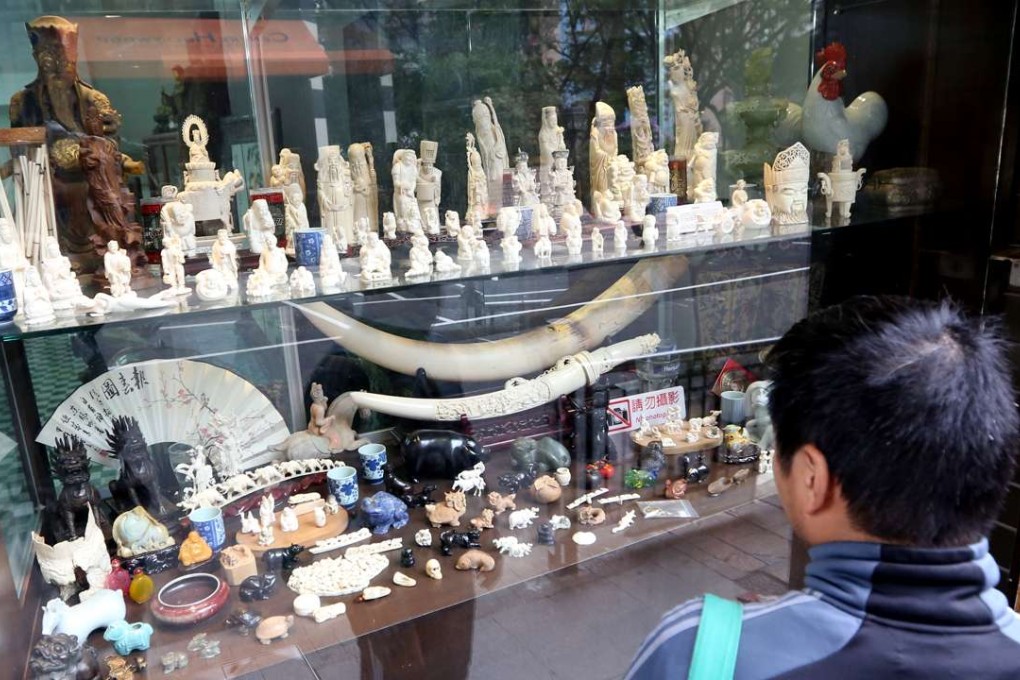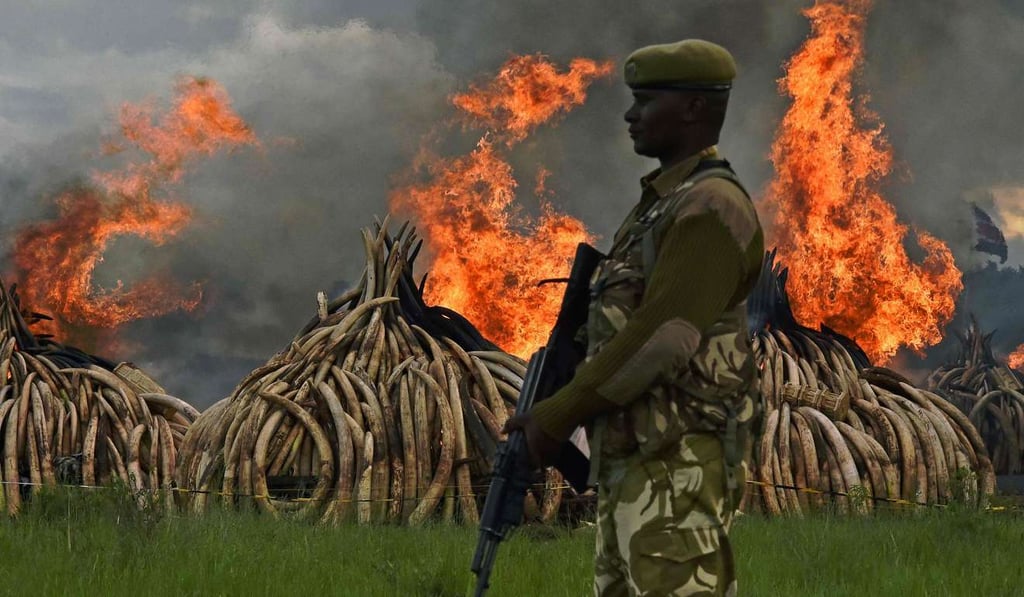Hong Kong’s ivory traders should back the total ban, as they have enough time to adapt
Ted Hui says a total ban would be a reasonable move in line with global trends and concern for endangered species, and points out that the government’s action plan for legitimate traders is more than generous

The Legislative Council’s environmental affairs panel has just finished discussing the government’s proposal to phase out the local ivory trade. The goal is clear – phase out the trade, and give traders five years to do so.
I met with ivory traders and environmental activists, listening to both sides of the ban argument. The traders are keen to inform the public that not every piece of ivory represents the poaching of elephants, and that their existing stock was acquired legally – it is permissible under law to trade ivory if the sellers are licensed and the ivory was worked before 1989, with valid documents as proof.
Hong Kong plan to ban ivory trade by 2021 receives Executive Council go-ahead
I understand that “most” of the existing stock of ivory in Hong Kong is legal and that a sizeable portion came from elephants that died naturally. However, I fully support the proposed ivory ban. I think it is a reasonable move that is in line with the global trend.
The global consensus is that we have to conserve our endangered species, and, in order to do that, reducing global demand to halt the killing is simple economics.

Don’t wait five years to ban ivory trade, Hong Kong
Compensating the traders would send out the message that the government did not do right by them. Is that so? The government did offer them help to change professions after the global ban on the ivory trade in 1990, and officials said they will explore other forms of assistance in light of the local ban.
The controversial nature of the trade ... and rising global awareness of animal conservation should have given traders enough indication that this industry was not sustainable